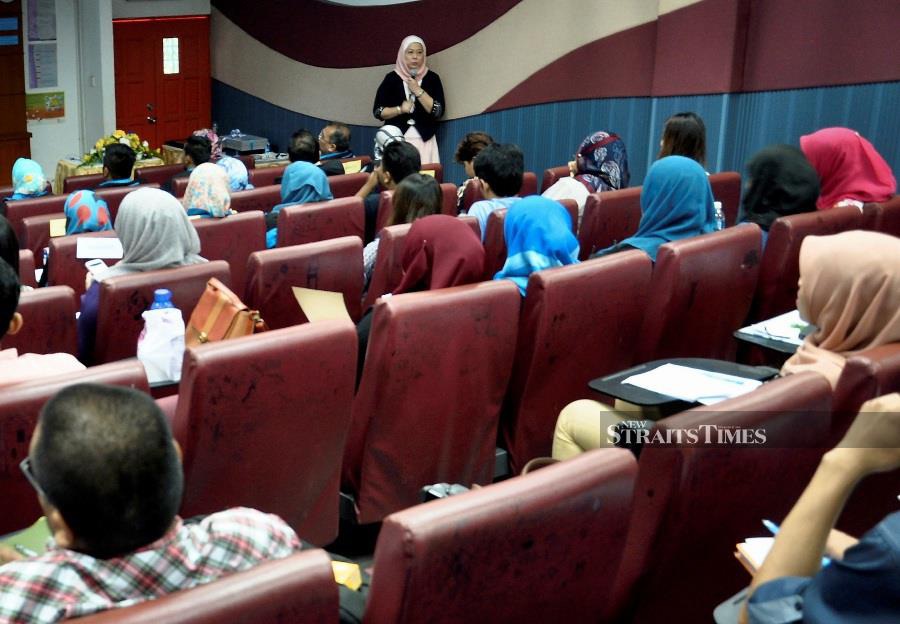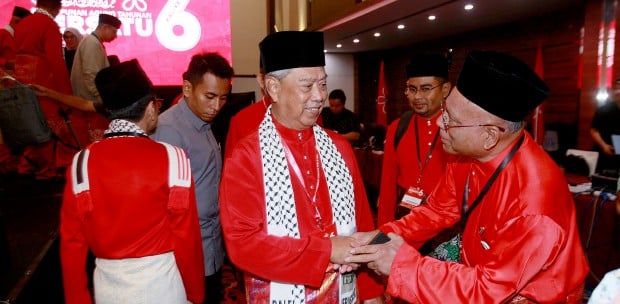LETTERS: It is unfortunate that, of late, many have started questioning the value of universities to society.
Universities are perceived as not engaging much in thought leadership. It is worrying since societies face life's many increasingly complex challenges.
The perception of a decline in thought leadership in universities is influenced by many factors. People attribute the decline to several reasons.
The commercialisation of research, a major key performance indicator in universities, is one.
The pressure to secure funding and commercialise research has led to a focus on applied and market-driven research at the expense of pure intellectual inquiry.
The publish-or-perish culture is another contributing factor.
The emphasis on publishing in prestigious journals for career advancement may prioritise quantity over the depth and impact of research.
Then, there is the bureaucracy and administrative demands on academics. The increased administrative responsibilities for faculty may divert time and energy away from research and thought leadership activities.
Experts acknowledge that the short-term funding cycles would incentivise researchers to pursue projects with immediate, tangible results rather than long-term, innovative thinking.
This is exacerbated by the lack of interdisciplinary collaboration among academics.
Traditional academic structures and departmental silos may hinder collaboration across disciplines, limiting the potential for groundbreaking, interdisciplinary thought leadership.
Also, institutions that prioritise teaching over research may allocate fewer resources and incentives for faculty to engage in thought leadership activities.
Then, there is the issue of competition. Global competition for talent and resources forces institutions to prioritise measurable outcomes and rankings over fostering a culture of intellectual curiosity. The impact of digital technologies is also a factor.
The proliferation of online education and digital technologies does shift focus towards content delivery and away from traditional scholarly pursuits.
Political and ideological pressures can influence academic institutions, potentially stifling certain types of thought leadership that may be perceived as controversial or contrary to prevailing views.
The emergence of alternative platforms such as think tanks, research institutions and private organisations may provide researchers with alternative outlets for thought leadership outside of traditional academic settings.
Changes in the attitudes and priorities of newer generations entering academia have also led to shifts in the types of research and thought leadership pursued.
These factors may vary across institutions and fields, and there are certainly many universities actively fostering thought leadership through innovative programmes, collaborative research initiatives and a commitment to intellectual exploration.
But they seem to be the exceptions. Many admit there is a worrying decline in thought leadership, which does not augur well for the future of universities in their role as the seats of higher learning.
Many believe it is still not too late to institute measures to arrest the decline.
Admittedly, it requires a major structural change. Change can only happen with strong political will. The Higher Education Ministry will have to drive the change.
Whatever it is, society is closely watching. Already, we hear of narratives by the public describing our professors as "kangkong". There are signs that society is losing respect. The reputation of our professors is at stake here.
The many professor's groups that have mushroomed in recent years must rise to the challenge and do something to change such a negative public perception.
Failure to address such misconceptions may lead to the further erosion of the credibility of the nation's professors.
And that will inadvertently not reflect well on the usefulness of higher education among parents and students. Ultimately, the nation will lose, as it will be deprived of the right talent pool that we need to anchor progress.
Universities must take steps to arrest the decline in thought leadership, which can eventually be to the detriment of higher education.
PROFESSOR DATUK DR AHMAD IBRAHIM
Tan Sri Omar Centre for STI Policy, UCSI University
The views expressed in this article are the author's own and do not necessarily reflect those of the New Straits Times





